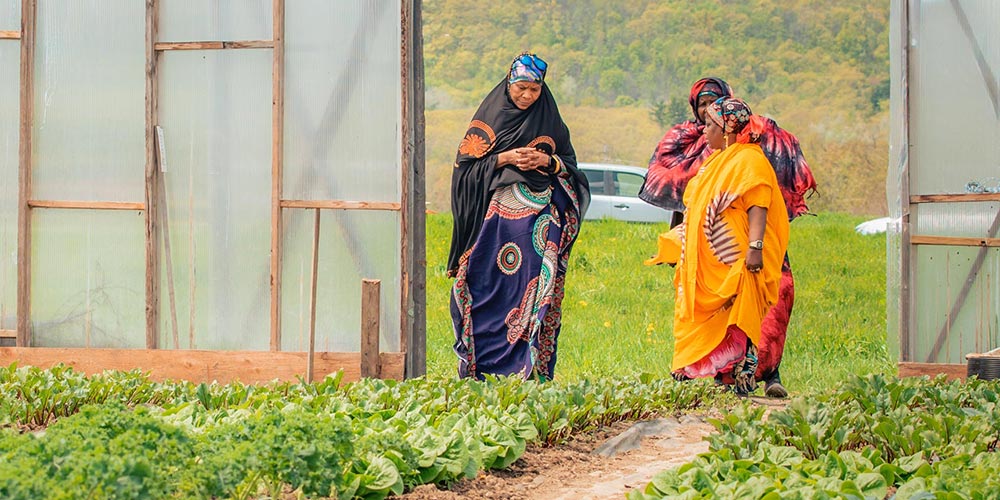Iskashito, a traditional Somali cooperative practice of farmers cultivating a piece of land and equitably sharing the profits of their combined labor, inspires the commercial grower program at Liberation Farms. Iskashito farmers receive land, technical assistance, seedlings, tools, and marketing support. The Iskashito program highlights the farm’s mission and encourages livelihood development and skill building for participating farmers, while providing fresh, local, high quality produce to those in need. In 2024, Iskashito farmers distributed a total of $160,000 of produce, mostly to low-income communities.



